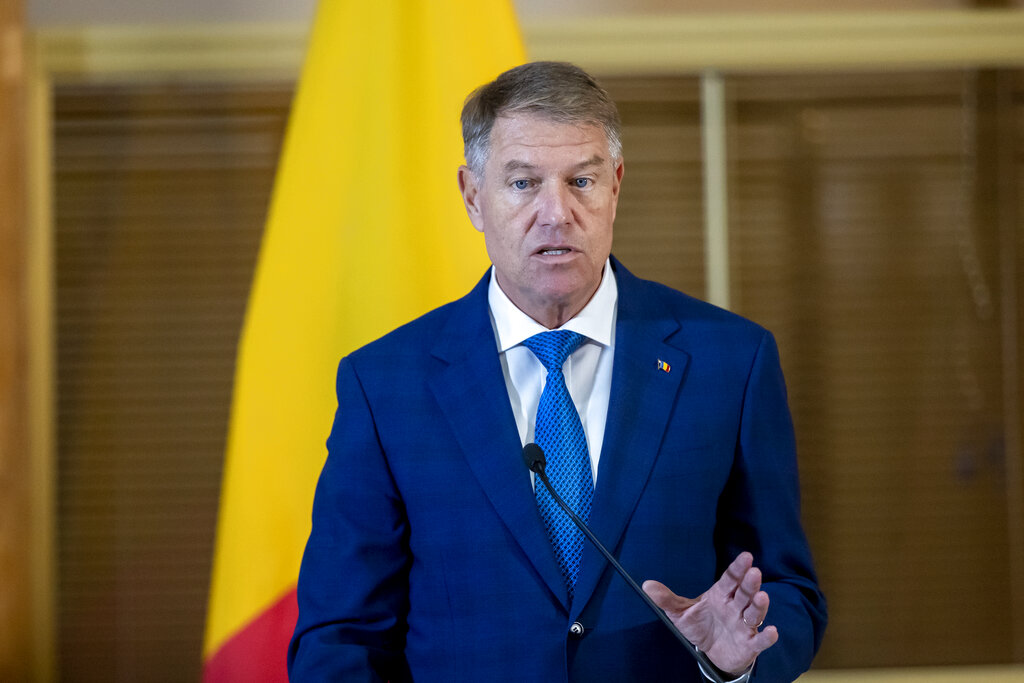The mayor of the central Transylvanian city of Cluj Napoca, Emil Boc, has said in a controversial declaration that the local Hungarian minority does not want to use their native language in administrative matters, meaning bilingual procedures are unnecessary.
Anti-Hungarian incitement has always been a way to win votes, but this case has been going on for several years, with a civil rights organization, the Székely Figyelő Foundation, demanding the right to use Hungarians’ mother tongue in public institutions.
Boc, who has been mayor for a combined 20 years via several terms, had also refused to install bilingual, Romanian-Hungarian signs in the city for years. He only did so after a court decision forced his hand. Although he was the one who ended the reign of the notoriously anti-Hungarian Gheorghe Funar in 2004, it seems that those who were socialized in the ultra-nationalist Ceaușescu era will not change their stance to allow the ethnic Hungarian minority to exercise language rights — especially not in a tense election year.
The city of Cluj Napoca, known as Kolozsvár in the Hungarian language, is home to the second-largest Hungarian community in Transylvania, amounting to nearly 34,000 people. However, since 2002 it has not reached the 20 percent of the population required by law to implement the Hungarian language within government. After several years of litigation, for the first time in 2017, place-name signs were placed at the city’s exits, with the Hungarian name for the city, “Kolozsvár,” written in Hungarian.
As reported by kronika.ro, the Székely Figyelő Foundation, which has been litigating the case for three years, refutes Mayor Emil Boc’s dismissive claims that Hungarians in Kolozsvár do not demand the right to use the Hungarian language. The trial will now continue at the appeal level at the Târgu Mures panel court after the court hearing in Csíkszereda.
According to a 2001 public administration decree, settlements with at least a 20 percent minority must use that minority’s language in public administration, although municipalities under the 20 percent threshold have also allowed such languages to be used.





